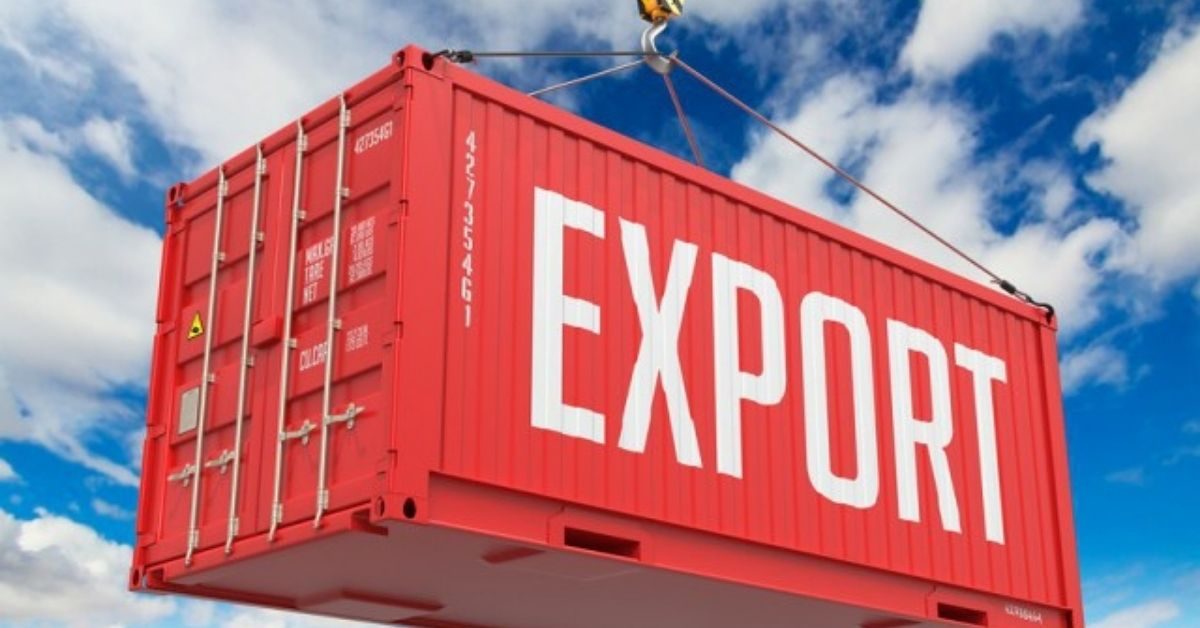Jobs in India generated directly and indirectly connected to international trade have declined over the last decade, the World Bank said, adding that the country has missed out on the export opportunity presented by China’s withdrawal from labour-intensive manufacturing sectors.
World Bank economists noted that India’s share in global exports of labour-intensive sectors such as apparel, leather, textiles, and footwear has declined. Meanwhile, countries like Bangladesh, Vietnam, Poland, Germany, and France have managed to increase their global export share in major job-creating sectors by up to 2 per cent between 2015 to 2022.
In May, it was reported that India’s labour-intensive sectors such as textiles, leather, gems and jewellery, and marine products are experiencing a sharp decline. India’s shipments from these four high job-generating sectors have dropped nearly 12 per cent compared to pre-pandemic levels five years ago (FY18).
India’s textile and garment exports have remained stagnant at around $35 billion, while Vietnam and Bangladesh have gained market share, bolstered by free trade agreements (FTAs) and Least Developed Country (LDC) status, which provide a 10-15 per cent duty concession in the Western countries.
The Bank observed that while India is the fastest-growing major economy, with an 8.2 per cent growth rate in the last fiscal year, urban youth unemployment remains high at 17 per cent. The Bank suggested that to create more trade-related jobs, India should integrate more deeply into global value chains, which would also create opportunities for innovation and productivity growth.
The World Bank stated that the global trade landscape is challenging and undergoing significant changes, yet India has considerable untapped potential to leverage international trade for development despite dynamic services exports.
“India could further leverage Global Value Chains (GVCs) to their full potential, generating more jobs and enhancing productivity,” the Bank said.
The Bank noted that Indian firms could benefit significantly from integrating into GVCs; however, India’s share in GVCs has declined due to “policy barriers and other limitations.” World Bank economists suggested that India could benefit from a new strategic plan to diversify exports, leverage the changing geopolitical landscape, reduce trade costs, and improve trade facilitation. “India has made progress in facilitating trade and re-engaging with global markets, but progress is limited by new barriers affecting goods, services, and investments,” the Bank said.







